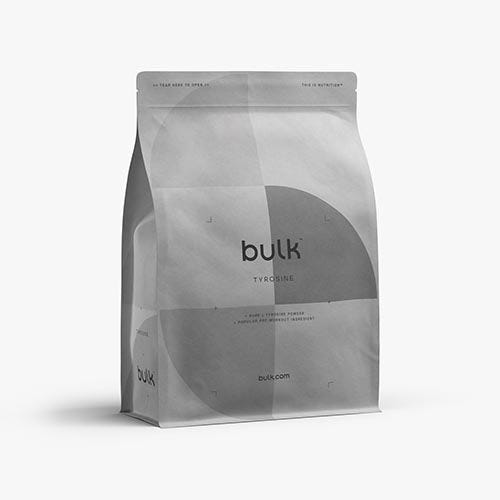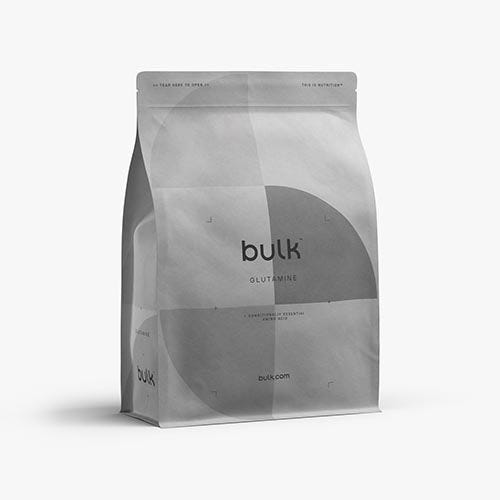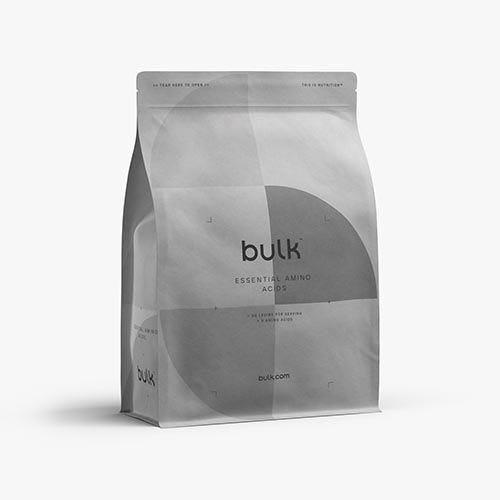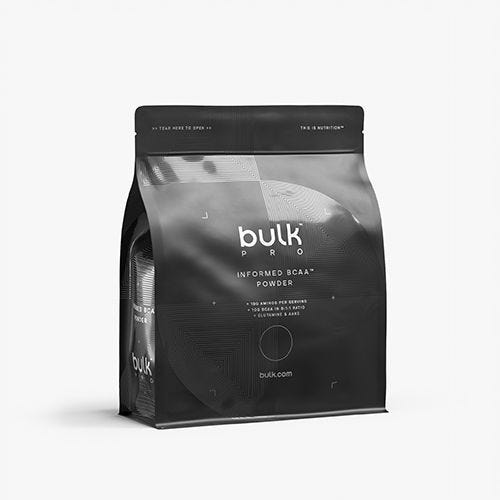With the ever increasing number of protein and amino acid supplements on the market it can be confusing as to which products are effective, when to take them, and the current literature supporting their use. To place protein sources in the correct context we have a few different ways in which we can categorise them; we have complete proteins which would represent those found in foods and supplements derived from quality protein sources such as whey or casein, supplements that contain several key amino acids such as EAA’s (essential amino acids) or BCAA’s (branch chain amino acids), supplements that contain single amino acids like Glutamine or Leucine and even supplements like HMB (β-hydroxy-β-methylbutyrate), which is a concentrated form of a metabolite we get from metabolising leucine.
Before we get into the details of which does what, it is really important to understand that a single supplement will do absolutely nothing if it is not placed in the context of a proper diet. Daily protein intake is the determining factor, at least in terms of amino acid availability, that will limit or encourage our potential for recovery and muscle growth. Taking 30g of protein (or equivalent in amino acids) in whatever form is going to have no effect on muscle mass if you fall short of your daily requirements, which for muscle growth are around 2g per kg of bodyweight (e.g. 150g for a 75kg person)1.
This means that when ‘ranking’ protein supplements we want to make sure they contribute significantly to our total daily amino acid requirements and provide all the essential amino acids we require, including leucine, which is a key trigger of muscle protein synthesis (MPS) which is an important thing to consider for those looking to optimise muscle growth.
If we consider the above requirements, then it should come as no surprise that whey protein and casein would rank highest on our list of protein supplements. They are derived directly from milk so contain all of our essential amino acids, with whey having a slight edge in regard to the fact that it has more leucine. Even a 20-30g serving contains 2-3g of leucine, enough to maximally trigger MPS1.
Related Products
Leucine
It is important to note that many EAA and BCAA supplements contain this magical amount of leucine for just this purpose. Two important points though, firstly to consume any more leucine is not beneficial, as leucine is a ‘trigger’ for MPS, so consuming more leucine past this threshold does not mean more MPS. Secondly, simply triggering MPS is not enough, the body then needs all our essential amino acids to do its muscle building ‘thing’ and this is where BCAA’s in particular falls down.
BCAA
BCAA’s contain only leucine, isoleucine and valine and are sometimes combined with glutamine, its inclusion justified as it is the most abundant amino acid in the body. As you can see although we get a good hit of these essential amino acids, this falls way short of providing all 9 essential amino acids that are required to truly capitalise on MPS being triggered. If you are looking to optimise muscle growth and use an amino acid supplement, then it is probably wise to use an EAA formulation as these provide all the essential amino acids.
At this point it should be increasingly clear that, unless we are deficient in an amino acids, or in exceptional circumstances, that using single amino acids as supplements are going to have no real benefit for most people, this includes both leucine and glutamine. Leucine supplementation (and BCAA’s) may come in handy for vegetarians and vegans as the amino acids from plant sources of protein are often either lacking in leucine, or not in optimal amounts, to support muscle growth. So using leucine/BCAA’s alongside normal meals to hit our leucine trigger threshold, theoretically at least, might offer some advantage.
Glutamine
Glutamine is what is known as a conditionally essential amino acid in that it doesn’t need to be provided in the diet but under certain circumstances, such as during illness, it is important to get more glutamine in the diet. This is because glutamine is an important amino acid for the fuelling and function of both the digestive and immune system3 so has been used in recovery from illness in cases where these systems may have been seriously affected. This is reflected in glutamine’s uptake mostly into the cells of the digestive system, especially in supplemental form, this may help support digestive system health and recovery from illness but in terms of muscle growth it is again likely to fall short when compared to complete protein sources.
HMB
A supplemental form of a metabolite of leucine, HMB, is something that has gotten a lot of interest lately as some recent research has shown some seriously positive effects on muscle growth. Although derived from leucine, the amounts of HMB produced through normal leucine metabolism are actually quite small, supplemental HMB contain much higher doses. HMB is proposed to work because it is involved in preventing muscle protein breakdown, thus promoting a more anabolic environment. The latest research using this supplement has provided some quite staggering results4. So staggering in fact that some people have actually called into question the validity of these studies due to the huge amounts of muscle growth reported… let’s just say the jury is still very much out on this one!
Summary
In summary, most of the protein we consume in the diet should be form whole food, quality sources, such as whey, meat, fish, eggs and dairy to meet our total daily protein requirements. For those choosing to bolster their amino acid intake then the use of EAAs will likely offer more benefit than branch chain amino acids and single amino acids are only really useful in certain situations when we may be lacking them in the diet. HMB is a supplement that has shown some promise, but the research is still far from conclusive, so at this moment in time probably falls into the ‘try it and see’ category.
Related articles
Looking to learn more? We believe that every person, with support, has the right to transform their lives through fitness. That’s why we’ve put together hundreds of articles with expert advice, all to help you on your fitness journey.
Protein Powder for Beginners Which Bulk Protein is Best?
Can you have a protein shake for breakfast? How much protein do you need?
Protein Supplements for Women Benefits of collagen powder
Different Types of Protein Powder Basics Gaining Mass
Protein Powder & Lactose Intolerance Beginner’s Guide to Protein


























